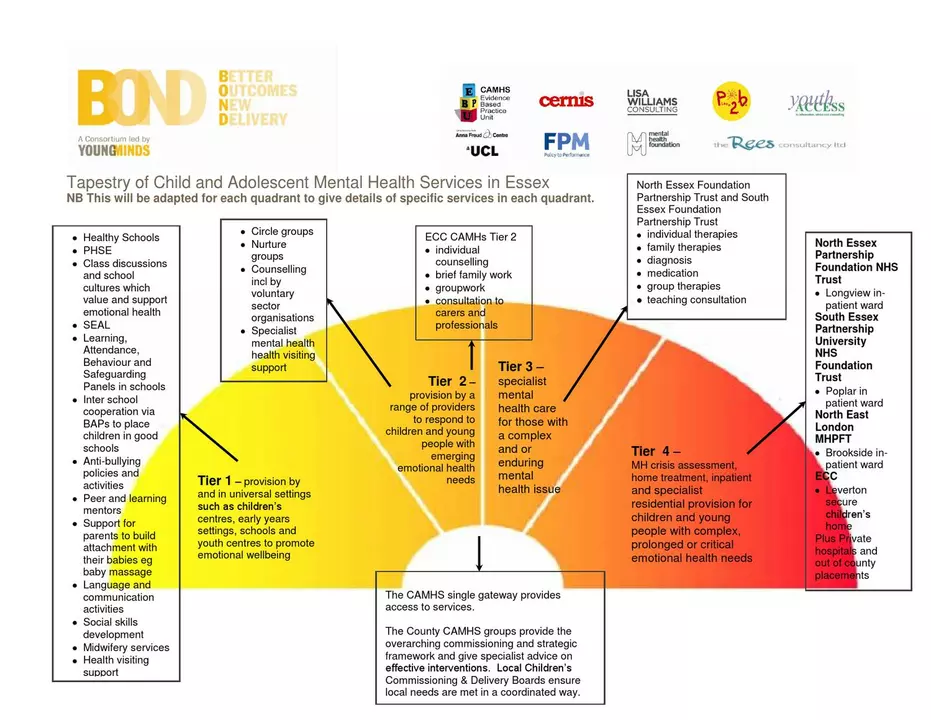Emotional Well-Being: Simple, Practical Ways to Feel Better
Feeling low, anxious, or just worn out? Emotional well-being isn't a luxury — it's what helps you think clearly, sleep better, and actually enjoy life. Small, consistent steps change your mood more than one big effort. Here are practical, no-nonsense actions you can use today.
Daily habits that actually work
Start with one small habit. Pick something realistic you can repeat for a week, like a 5-minute morning walk or a 10-minute phone-free break. Consistency beats intensity. Studies show short, regular routines build momentum and make stress easier to manage.
- Move your body: A 10–20 minute walk raises mood chemicals and clears your head.
- Sleep routine: Go to bed and wake up within an hour of the same time. Even small sleep wins matter.
- Micro-meditation: Close your eyes and breath slowly for 3–5 minutes. Focus on the breath, not the thoughts.
- Limit doomscrolling: Set a 20-minute limit on news and social media. Replace the last 10 minutes before bed with a calming ritual.
- One good thing: At night, name one thing that went well. It trains your brain to notice positives.
Don’t try to change everything. Pick two items and keep them for two weeks. When those feel normal, add one more.
When to get help and what actually helps
If your mood affects work, relationships, or daily tasks for more than two weeks, reach out. Talk to your doctor, a counselor, or a trusted friend. Therapy isn’t just for crises — it’s practical coaching for life. Cognitive Behavioral Therapy (CBT) and short-term counseling help with negative thinking and habits fast.
Medication can be useful when symptoms are severe or persistent. A doctor can explain options, benefits, and side effects. If you’re worried about meds, ask about starting low and reviewing regularly.
Build a simple support plan: list three people you can call, two small routines you’ll try, and one professional you could contact if things worsen. Put it where you’ll see it.
Try this 48-hour test: pick one habit (walk, meditation, sleep), do it for two days, note how you feel after each day. If you feel even a little better, keep going. Small wins add up fast.
Emotional well-being is practical work, not a mystery. Use simple habits, ask for help early, and track progress. You’ll notice clearer thinking, better sleep, and more energy before you expect it.
The Connection Between Infancy and Mental Health: Laying the Groundwork for Emotional Well-Being
In my latest research, I've discovered the crucial connection between infancy and mental health, which plays a significant role in laying the groundwork for emotional well-being. It turns out that early-life experiences, secure attachments, and parental responsiveness greatly impact one's mental health development. By nurturing a healthy environment and promoting positive interactions during infancy, we can significantly contribute to the emotional well-being of an individual in the long run. As a parent, it's essential to be aware of the importance of these formative years and strive to provide children with the love, care, and support they need. This knowledge has further emphasized the need for parents and caregivers to invest time and effort into creating a strong foundation for their child's emotional health.

